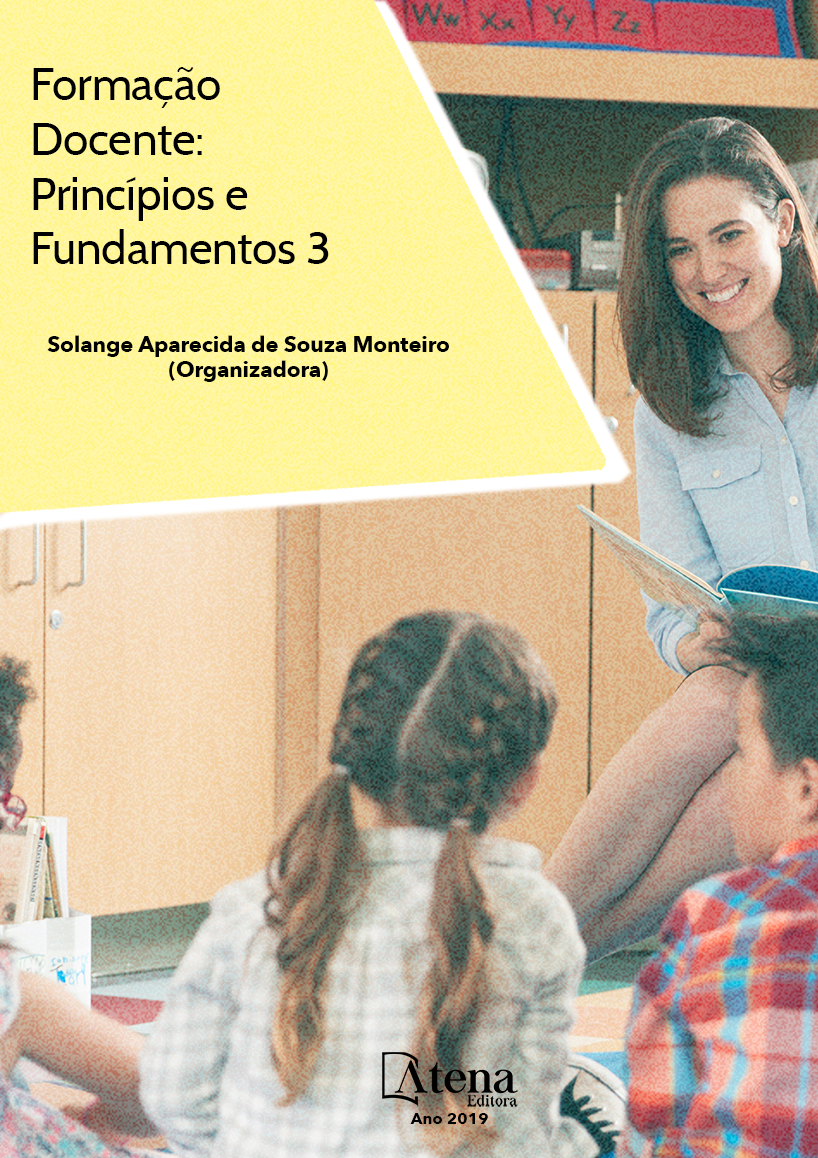
DEFICIÊNCIA INTELECTUAL: A IMPORTÂNCIA DE CONHECIMENTOS PARA A FORMAÇÃO DOS PROFESSORES
O trabalho abordou a dificuldade que
as escolas encontram para incluir alunos com
deficiência intelectual (DI) nas salas regulares
de ensino. O objetivo foi avaliar o conhecimento
e a compreensão de professores acerca da
DI, bem como as condições das escolas para
atender esses alunos nas salas regulares e de
recurso multifuncionais e oferecer formação
e orientação aos professores, favorecendo a
educação inclusiva dessas crianças nas salas
regulares de ensino. A pesquisa foi realizada
em parceria com a Diretoria Regional de Ensino
de Marília, São Paulo, e em sua primeira
etapa foi aplicado um questionário a 191
professores, que investigou o conhecimento
sobre a DI, suas possibilidades de atuação e o
diagnóstico dessa condição. Em seguida foram
levantados os principais temas de interesse dos
professores e oferecido um curso de formação
e orientação. Ao término, verificou-se que,
propostas dessa natureza são eficazes, visto
que a maioria referiu sentir-se mais preparada
para a prática pedagógica com alunos com DI
nas salas regulares de ensino e de recursos
multifuncionais. Verificou-se que a maioria dos
professores já possui algum conhecimento
sobre a DI; esses alunos estão sendo incluídos
nas escolas regulares e frequentando as salas
de recursos multifuncionais, entretanto, faltam
materiais, recursos específicos e formação
especializada para eles. Ter conhecimento
sobre DI e a clareza do diagnóstico permite
aos professores compreender melhor seus
alunos, suas características, manifestações
e, principalmente, identificar seu potencial de
aprendizagem, oferecendo condições para a
real inclusão dos alunos com DI.
DEFICIÊNCIA INTELECTUAL: A IMPORTÂNCIA DE CONHECIMENTOS PARA A FORMAÇÃO DOS PROFESSORES
-
DOI: 10.22533/at.ed.70519300517
-
Palavras-chave: deficiência intelectual; formação; professores
-
Keywords: intellectual disability; formation; teachers
-
Abstract:
The paper addresses the difficulty
that schools encounter in including students with
intellectual disabilities in regular teaching rooms.
The objective was to evaluate the teachers’
knowledge and understanding of intellectual
disabilities, as well as the conditions of the
schools to attend these students in the regular
and multifunctional resource rooms and to offer
training and guidance to teachers, favoring
the inclusive education of these children in the
regular teaching. The research was carried out in
partnership with the Regional Board of Education
of Marília, São Paulo, and in its first stage a
questionnaire was applied to 191 teachers, who
investigated the knowledge about intellectual
disabilities, its possibilities of acting and the diagnosis of this condition. Then the main
topics of interest of the teachers were raised and a training and orientation course was
offered. At the end of the day, it was found that such proposals are effective, since the
majority reported feeling more prepared for the pedagogical practice with students with
intellectual disabilities in regular teaching rooms and multifunctional resources. It was
verified that most teachers already have some knowledge about intellectual disabilities;
these students are being included in regular schools and attending multifunctional
resource rooms, however, they lack materials, specific resources and specialized
training for them. Having knowledge about intellectual disabilities and the clarity of
diagnosis allows teachers to better understand their students, their characteristics,
manifestations and, mainly, identify their learning potential, offering conditions for the
real inclusion of students with intellectual disabilities.
-
Número de páginas: 15
- Simone Gomes Ghedini


